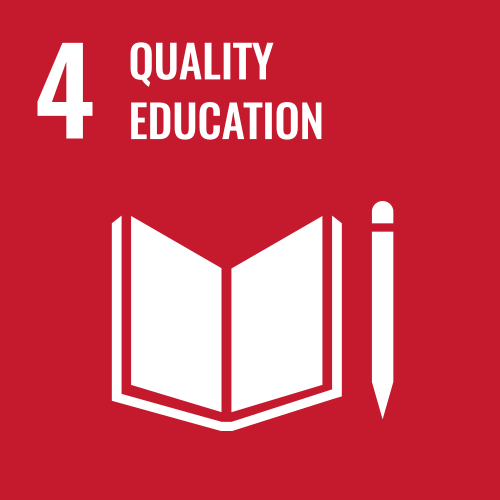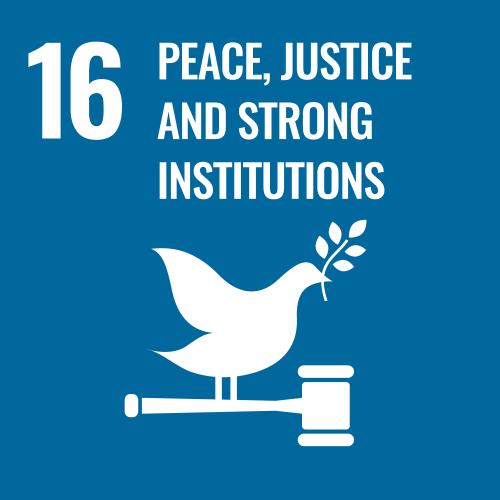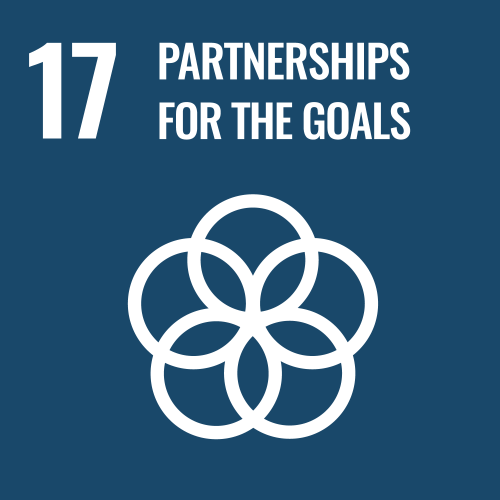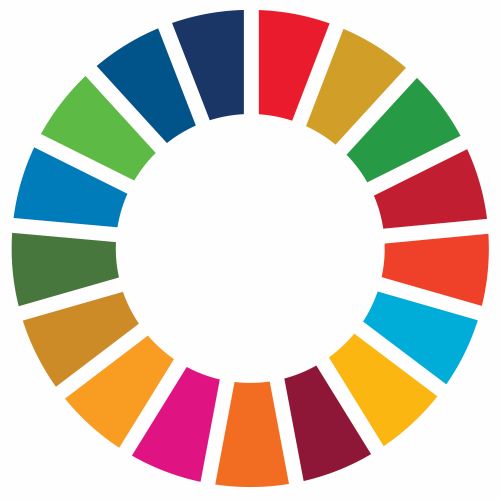
14/01/2025
FIIAPP shares European experience in transformative education with representatives from CARICOM, OECS, Barbados and Trinidad and Tobago under the European project EU-Caribbean Cooperation Mechanism.
A prominent representation of educational institutions from Barbados and Trinidad and Tobago, as well as education officials from the Caribbean Community (CARICOM) and the Organisation of Eastern Caribbean States (OECS) participated in a study visit on transformative education in Finland and Estonia, in the framework of the EU-Caribbean Cooperation Mechanism project, led by the FIIAPP and funded by the European Union.
The visit brought together twelve senior officials and officials from CARICOM, OECS (including Director General Didacus Jules), Barbados and Trinidad and Tobago, as well as Kerney L. Thompson, Director of the Caribbean Association of National Training Agencies (CANTA).
In recent years, education reforms have been carried out in the Caribbean region. Barbados, Jamaica and Trinidad and Tobago stand out, focusing on improving the quality and accessibility of education. National efforts have been supported by CARICOM and its Human Resource Development Strategy 2030, a framework aimed at aligning member states’ education systems to foster economic competitiveness and innovation.
Finland and Estonia have been internationally recognised for their innovative and successful education systems focusing on student-centred learning, teacher training and technology integration. This project included visits to various educational institutions such as faculties of education, teacher training colleges, primary and secondary schools. Participants were able to gain an overview of what transformative education looks like in these countries, with practices such as flexible curricula, teacher autonomy, increased public investment and the importance given to the integration and inclusion of the whole educational body.
The EU Delegation in Barbados and the FIIAPP have identified opportunities to test and refine ideas at the national level. Regional organisations and various cooperation instruments, such as the EU-Caribbean Cooperation Facility, need to serve as key conduits for strengthening partnerships and accessing additional technical resources.



